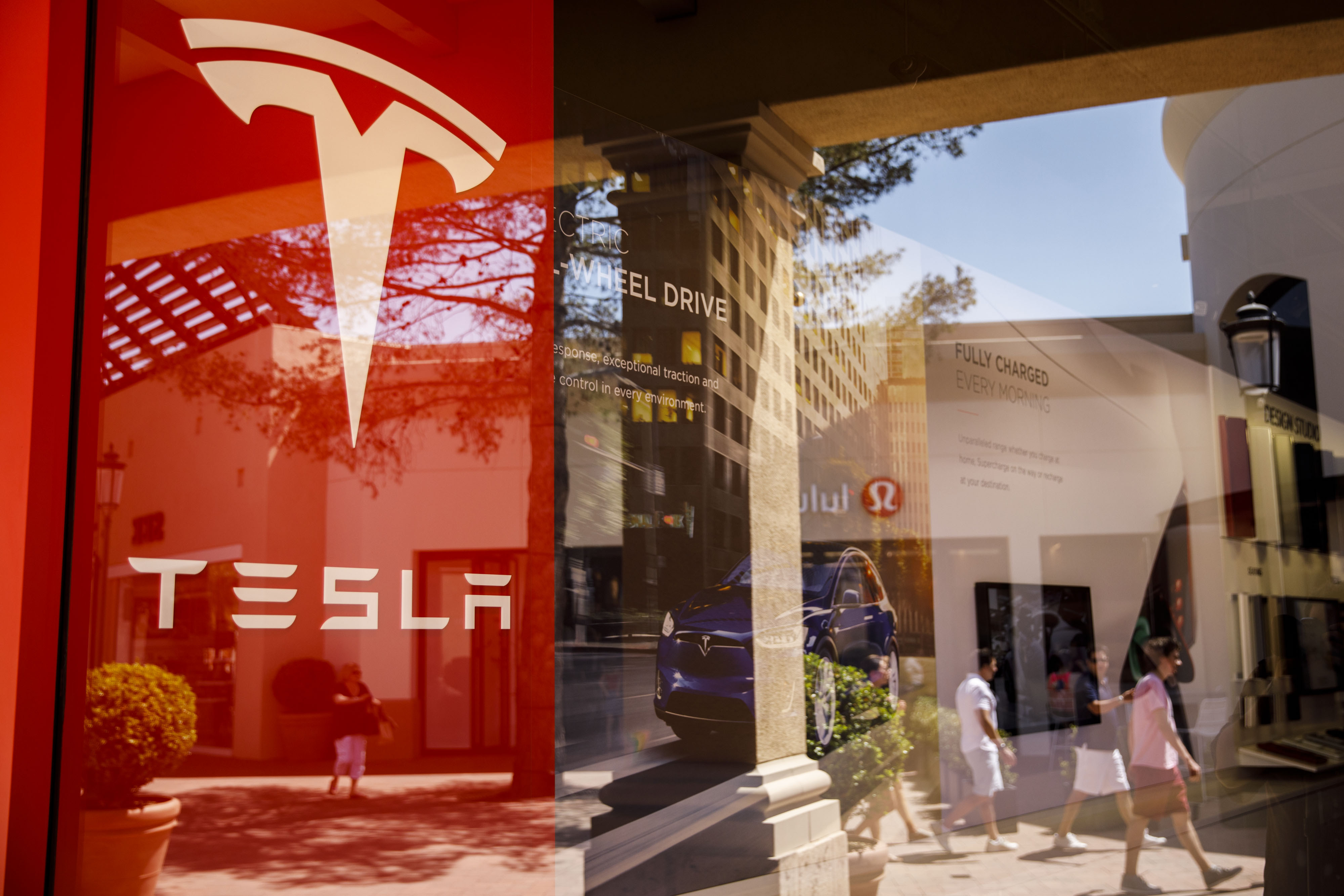A group of Republican lawmakers has sent a letter to Internal Revenue Service commissioner Chuck Rettig warning about misuse of the electric vehicle tax credit.
Senate Finance Committee chairman Chuck Grassley, R-Iowa, joined Sen. Ron Johnson, R-Wis., John Barrasso, R-Wyo., and a dozen of their GOP colleagues in asking Rettig for more information about how the IRS enforces the electric vehicle tax credit in light of a recent report from the Treasury Inspector General for Tax Administration that found systemic problems with the tax-credit program.
Last September, TIGTA released an audit report finding that taxpayers improperly claimed $72 million in tax credits for electric vehicles and that the IRS “does not have effective processes to identify and prevent [these] erroneous claims.”
The senators noted that the problems were a continuation of some that were detected years ago. “Notably, in 2011, TIGTA released an audit finding $33 million in tax credits for plug-in electric drive motor vehicles — one in five of every claimed tax credit — were awarded to individuals who owned vehicles that did not qualify,” they wrote. “In other words, despite recognizing this fraud eight years ago, it has not only persisted but become even more widespread.”
The tax credits, of up to $7,500, help taxpayers offset the purchase of a qualifying plug-in electric drive vehicle. Last September, TIGTA reported that between 2014 and 2018, 16,510 individual tax returns received potentially erroneous electric vehicle tax credits. If controls were in place or the returns had been reviewed, claims totaling $81.7 million could have been potentially disallowed.
“It is troubling that these improper payments continue and have more than doubled in size in the eight years since they were first reported,” the lawmakers wrote. “The apparently systemic problems with the electric vehicle tax credit are even more concerning as Congress considers a potential $16 billion expansion to the program, which overwhelmingly benefits wealthy electric vehicle owners in one state.”
The senators were likely referring to California. The credit begins to phase out when at least 200,000 qualifying vehicles have been sold for use in the United States. Tesla was the first to reach the 2000,000 sales mark in the third quarter of 2018, followed by GM in the fourth quarter of that year.